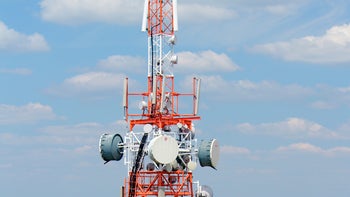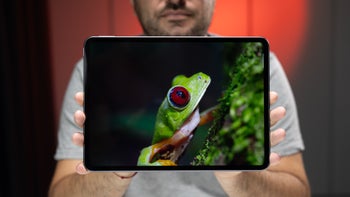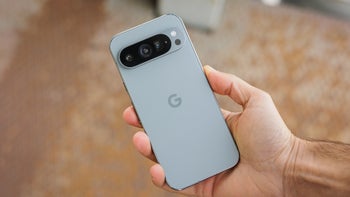FCC Chairman Pai says that getting rid of net neutrality was a boon to U.S. wireless subscribers

Net neutrality is the Obama-era rule that prevents wireless carriers and ISPs from treating certain streams of content differently than other streams of content. In other words, let's say that a company that streams movies approaches a wireless provider and promises to pay it some extra money for a faster "highway" to the carrier's customers. Under net neutrality, this type of deal would not be allowed. The rule also prevents a carrier from blocking the dissemination of a message being sent by a subscriber to other subscribers because it is philosophically opposed to what is being said. In June 2018, the FCC, led by Trump-appointed chairman Ajit Pai, helped to remove net neutrality from the books.
FCC Chairman Pai says net neutrality repeal has improved the internet for wireless users
Suits were filed, some states legislated their own versions of net neutrality but for now, the rule remains repealed. And that's just fine with Chairman Pai who said on Monday that he stands by the action taken by his agency. He also passed along some ideas that he has to answer three issues brought up by a U.S. appeals court. About a year ago, the appeals court agreed for the most part with the FCC's repeal of net neutrality. But it did order the FCC to take another look at the repeal's impact on public safety, the agency's ability to provide subsidies for broadband service and pole attachment regulations. The issues brought up by the appeals court will be voted on by the FCC on October 27th.

FCC Chairman Pai, at right, says that wireless users have benefited from the repeal of net neutrality
In a blog post written by Pai, he explained his reasons for doing away with net neutrality by blaming the Obama administration for wanting to treat the internet like a slow-moving utility using rules from the 1930s. The FCC chairman went on to say that "The American people were told that they would get the Internet one word at a time. They were told that they would have to pay $5 per tweet. They were told that it would be the end of the Internet as we know it. It was frightening stuff to be sure, but it was utter nonsense."
Pai says that since net neutrality was removed from the rule books, carriers added 72,000 new cell sites in 2018 and 2019 after adding only 20,000 during the previous four years. Internet speeds actually rose in the U.S. over the last six pandemic-filled months, and unlike other countries which had to throttle streaming speeds of YouTube and Netflix during the pandemic from HD to SD, the U.S. was fine with the status quo. We would be remiss if we didn't point out that the increase in the building of new cell towers could be due to the 5G build out that many carriers are now experiencing.
Pai also noted in his blog post that he has created rules to start a 5G fund for Rural Americans. The fund would use a reverse auction to bring 5G service to parts of the country that might not see 5G service without subsidies. The FCC chairman wrote, "We anticipate that the deployment of 5G-capable networks will deliver better services for consumers, drive job creation, and strengthen the nation’s economy and our quality of life. But we need to make sure that 5G narrows rather than widens the digital divide — and that means making sure that rural Americans also benefit from the next generation of wireless innovation."
And speaking about 5G, the FCC is going to vote to streamline state and local government review process to make it easier for carriers to make limited modifications to existing infrastructure. Pai is in favor of this because the chairman writes that "When it comes to building out 5G networks, using existing infrastructure is often a more efficient alternative to the construction of new infrastructure. 5G networks will require deployment of a significant number of additional antennas, many of which could be placed on existing infrastructure. But these existing towers may need additional equipment on the ground to support the operation of these antennas."










Things that are NOT allowed: